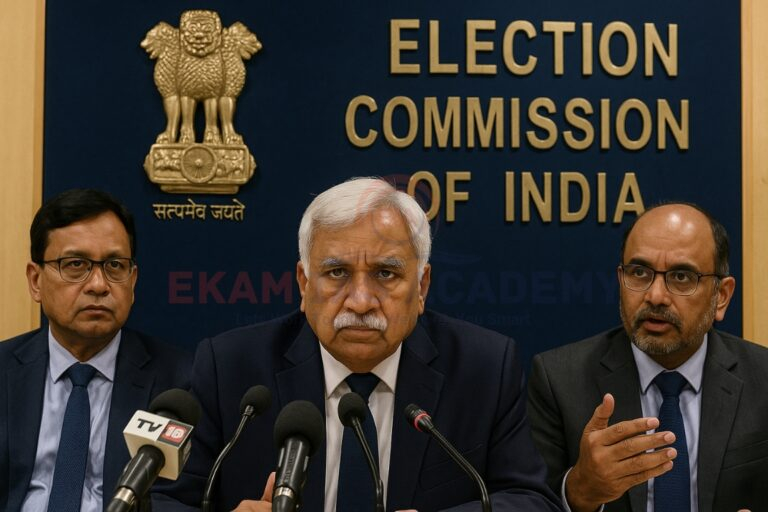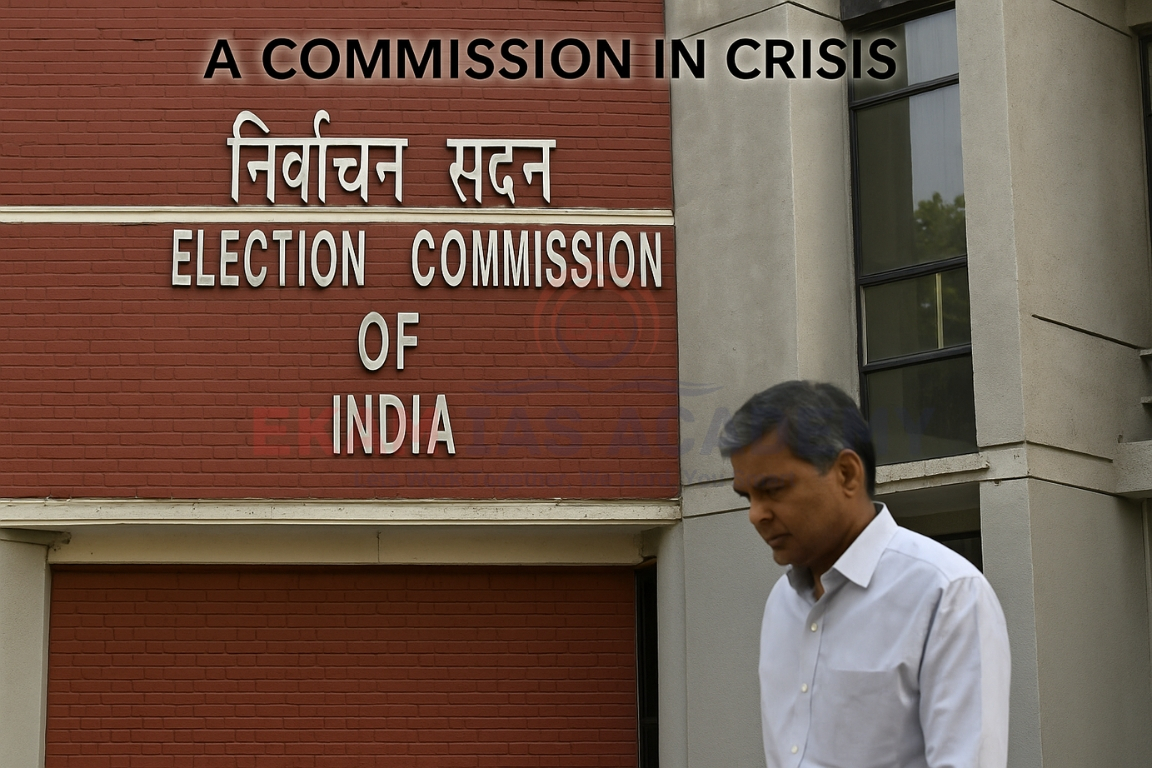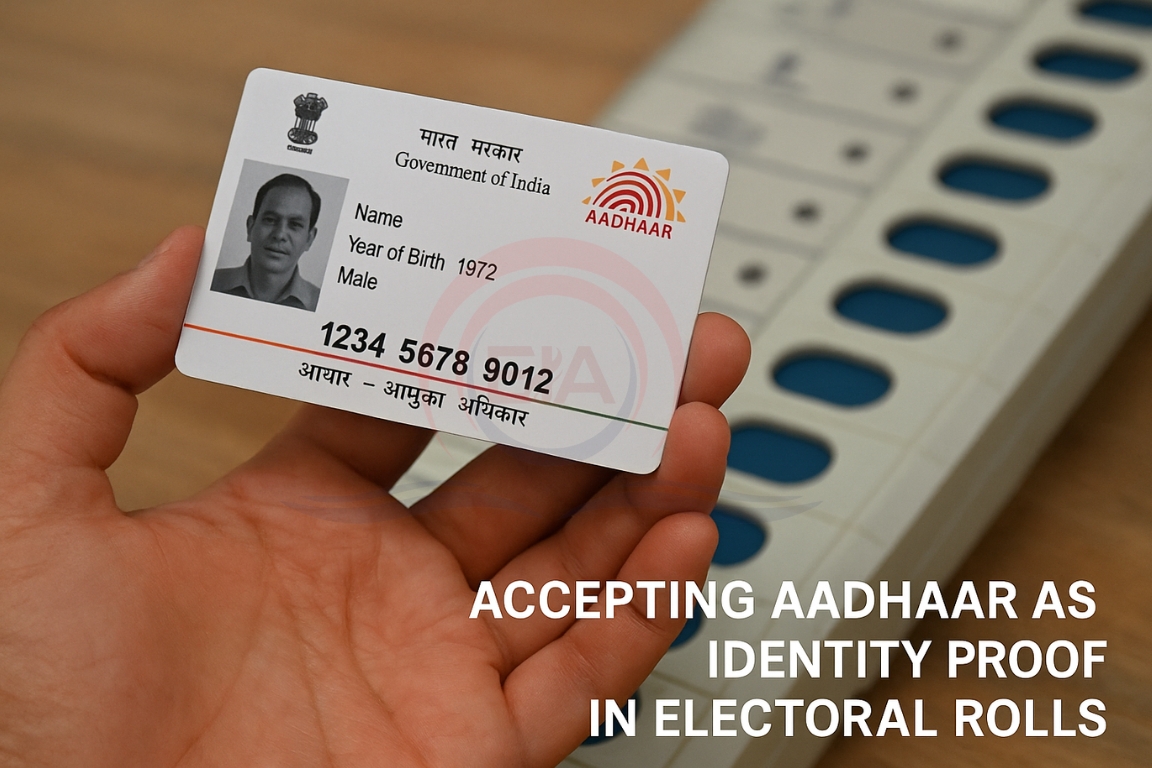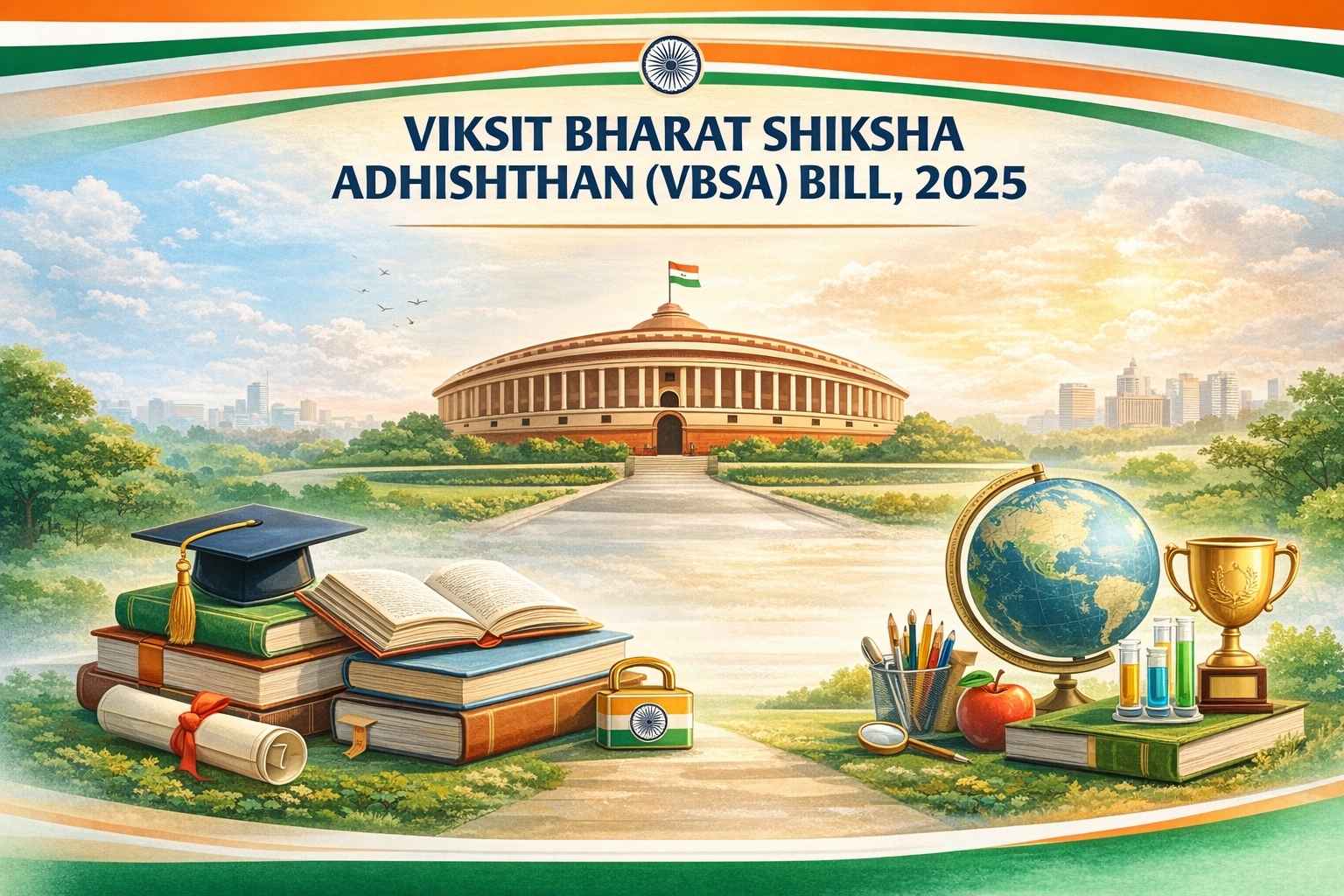The Election Commission of India (ECI) is facing criticism after the Supreme Court (August 14, 2025) ordered it to publish details of 65 lakh voters excluded from Bihar’s draft rolls. This, coupled with allegations from the Opposition, has raised questions on the credibility, transparency, and impartiality of the ECI.
Background
- The ECI was once respected for its neutrality under leaders like Sukumar Sen, India’s first Chief Election Commissioner, who successfully oversaw the country’s first elections.
- Today, the institution faces an unprecedented trust crisis, with political parties and civil society questioning its independence.
Issues Leading to Crisis
Supreme Court Order on Bihar Electoral Roll
- The SC rejected ECI’s refusal to publish data on the 65 lakh deleted voters.
- Directed that names, reasons for deletion, and voter IDs be published in searchable format.
- Court also upheld Aadhaar as valid proof for inclusion in voter rolls.

Unconvincing Communication
- The ECI press conference on August 17 was seen as vague and defensive.
- Failed to address doubts on the Special Intensive Revision (SIR) in Bihar.
- CEC’s reasoning, such as denying video footage to avoid “privacy violations,” was widely criticized as illogical.
Stonewalling Data Requests
- Opposition parties, including Congress, repeatedly sought digital copies of voter rolls (Maharashtra and Haryana).
- Requests were ignored, leading to legal battles in the Delhi High Court.
- CEOs of states later denied data, citing technical excuses, undermining transparency.
Denial of Accountability
- ECI has avoided sharing post-election data, making scrutiny of bogus or duplicate voting patterns nearly impossible.
- Critics argue this prevents detection of systematic voter manipulation.
Concerns Raised
- Loss of Trust: Major Opposition parties have openly expressed distrust in the ECI.
- Perception of Bias: Seen as tilted towards the ruling party.
- Impact on Democracy: Refusal to share essential electoral data threatens voter confidence and the integrity of elections.
- Public Disconnect: CEC’s claim that the ECI stands “like a mountain” with voters was seen as disconnected from ground realities.
Significance
- The credibility of the ECI is central to India’s electoral democracy.
- Its impartial functioning ensures free and fair elections, a constitutional mandate under Article 324.
- A crisis of trust in the ECI risks weakening the democratic framework and citizens’ faith in the system.
ELECTION COMMISSION OF INDIA (ECI)
It is an autonomous constitutional body that conducts free and fair elections in India. Established under Article 324 of the Indian Constitution.
- Responsible for elections to Parliament, State Legislatures, President, and Vice-President.
- Works independently of the government to maintain democratic integrity.
Related Constitutional Articles
- Article 324 – Provides for the Election Commission and its powers.
- Article 325 – No person to be ineligible for inclusion in electoral rolls on grounds of religion, race, caste, or sex.
- Article 326 – Elections to the Lok Sabha and State Assemblies are based on adult suffrage (18 years and above).
- Article 327 – Parliament can make laws on elections.
- Article 328 – State Legislatures can make laws on elections for their respective Houses.
- Article 329 – Bars courts from interfering in electoral matters before completion of the process.
The ECI ensures free, fair, and impartial elections and is backed by Articles 324–329 of the Constitution.
Conclusion:
The scheme is a dual incentive model—supporting fresh employees with direct cash benefits while motivating employers to expand hiring, especially in manufacturing.





